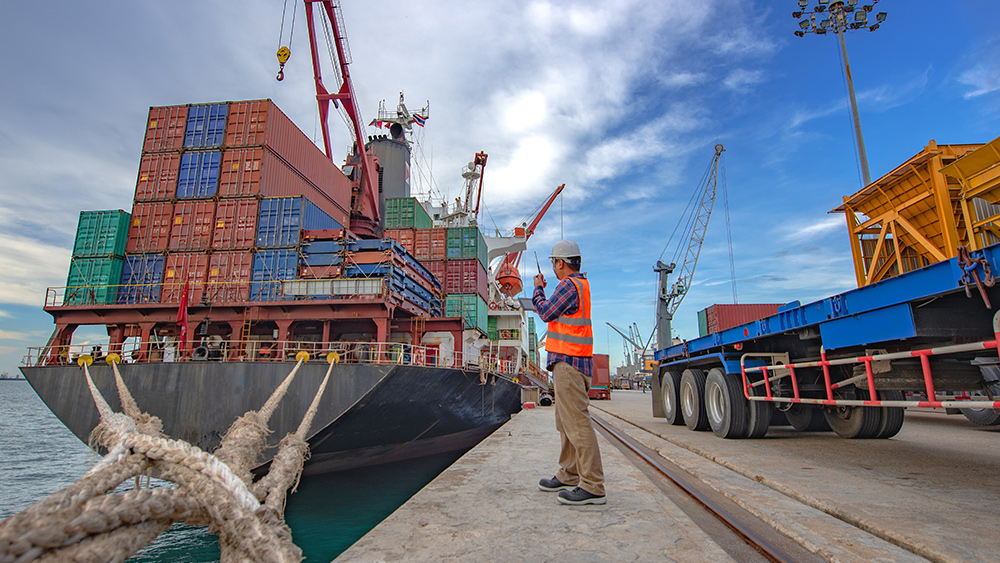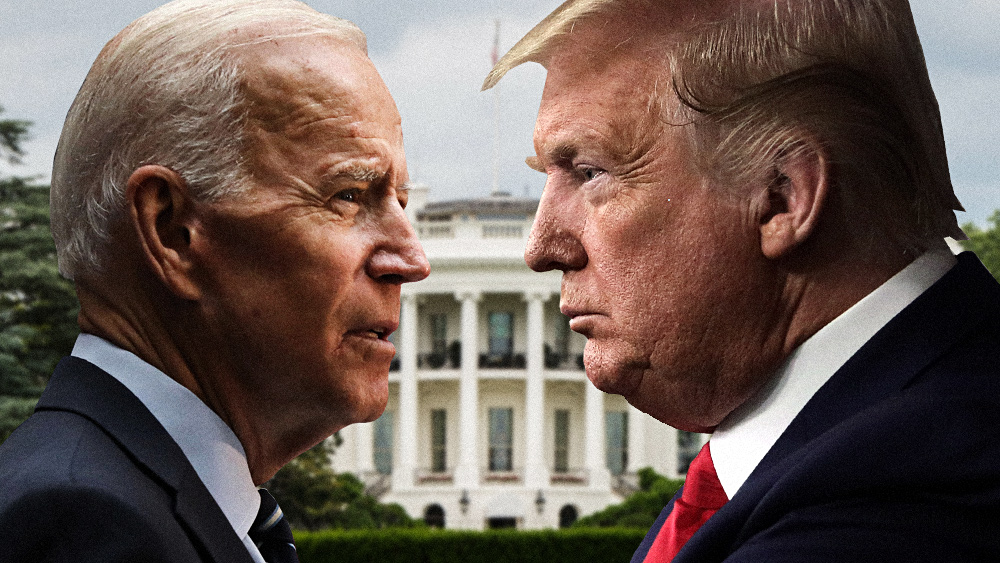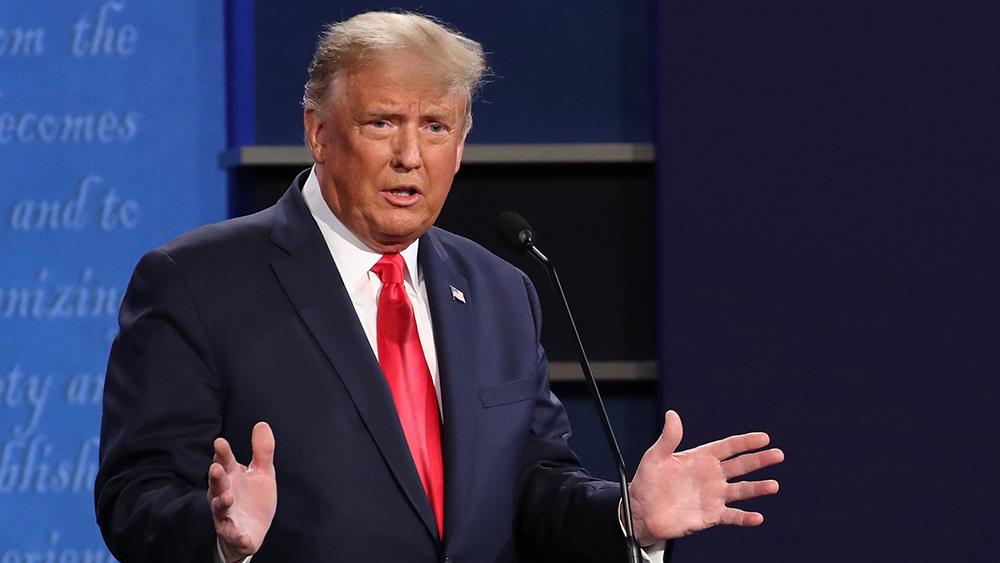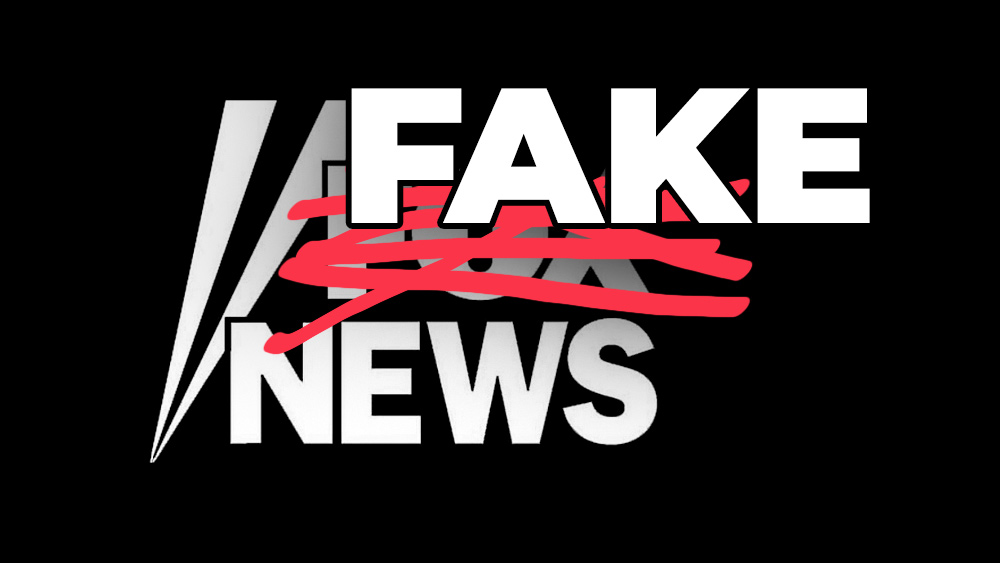America has imported over $6 billion worth of goods from Russia since the start of Ukraine invasion
08/30/2022 / By Arsenio Toledo

Over $6 billion worth of goods from Russia have entered the United States since the country imposed economic sanctions in retaliation for the invasion of Ukraine.
According to an investigation conducted by the Associated Press, more than 3,600 shipments of Russian goods have arrived at U.S. ports since the beginning of Russia’s special military operation in Ukraine began in late February, amounting to more than $1 billion worth of commerce a month.
While this is a significant drop from the same period in 2021, when U.S. ports received more than 6,000 Russian shipments, it proves that American sanctions have not really prevented the country from trading with Russia. (Related: Epic fail: Joe Biden’s sanctions have actually benefitted the Russian economy.)
Ambassador Jim O’Brien, head of the Department of State’s Office of Sanctions Coordination, claimed that nobody involved in imposing sanctions against Russia actually expected trade to completely stop.
“When we impose sanctions, it could disrupt global trade,” said O’Brien. “So our job is to think about which sanctions deliver the most impact while also allowing global trade to work.”
Many U.S. importers have also said they have no choice but to source materials from Russia. Many others, wary of being affected by U.S. sanctions, have chosen to cut off Russian trade.
Konstantin Sonin, a Russian economist teaching at the University of Chicago, said that sanctions always come with “all kinds of murky schemes and illicit trade” that allow some economic activity between the affected nations to continue.
“Still, sanctions make sense because even though you cannot kill 100 percent of revenues, you can reduce them,” he added.
Raw materials make up the bulk of Russian shipments to America
Of the 3,627 total Russian cargo ships that have arrived at U.S. ports, wood made up over 35 percent of these shipments.
Russia is the world’s second-largest exporter of wood behind Canada, thanks to the country’s size and vast areas of forests. Biden has imposed tariffs on Russian wood exports, but has not fully sanctioned the lumber trade between the countries.
This move has angered many who rely on Russian-grown wood, such as Baltic birch plywood, which only Russia produces. On top of tariffs, many wood dealers have to put up massive bonds to ensure that they will pay taxes, further driving up prices.
“There’s no alternative source,” said Ronald Liberatori, a Nevada-based wood dealer who sells Russian wood to major furniture makers and construction companies. He had to put up an $800,000 bond to continue trading with Russia.
“We’re so d—-d upset with what Biden has done,” he said. “This is a government versus government issue.”
Metals such as steel, aluminum, titanium and iron powder, made up 909 of the Russian shipments. The country is a key exporter of many of these metals, and fully cutting off that trade would have driven up inflation even more than it already has, as noted by Morgan Stanley economist Jacob Nell.
“The basic idea with sanctions is that you’re trying to act in a way that causes more pain to the other side and less pain to yourself,” he said, rationalizing why the U.S. has not placed sanctions on Russian metals.
Due to the ongoing food crisis in the U.S., the Biden administration has encouraged the arrival of Russian fertilizer shipments, of which 109 have already been offloaded at U.S. ports since the invasion.
Other major shipments include 341 shipments of food,1 179 shipments of rubber, 67 shipments of vehicle parts, 47 shipments of radioactive materials and 41 shipments of ammunition. The latter is made up of almost 4,000 tons of Russian-made bullets which have already been distributed to gun shops and ammunition dealers.
Learn more about the economic war between Russia and the West at WWIII.news.
Watch this clip from InfoWars as Owen Shroyer explains in detail how Biden’s sanctions against Russia have backfired.
This video is from the InfoWars channel on Brighteon.com.
More related stories:
Orban urges new strategy on Ukraine, says sanctions have failed.
Coal emerges victorious as sanctions and green policies backfire spectacularly.
Circumventing sanctions: Oil shippers are hiding Russian crude by ‘going dark’ to avoid backlash.
Sources include:
Submit a correction >>
Tagged Under:
big government, Bubble, economic sanctions, economic war, economy, products, raw materials, real investigations, Russia, sanctions, supply chain, trade, truth, World War III
This article may contain statements that reflect the opinion of the author
RECENT NEWS & ARTICLES
COPYRIGHT © 2017 PENSIONS NEWS




















